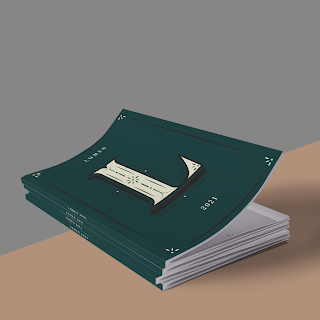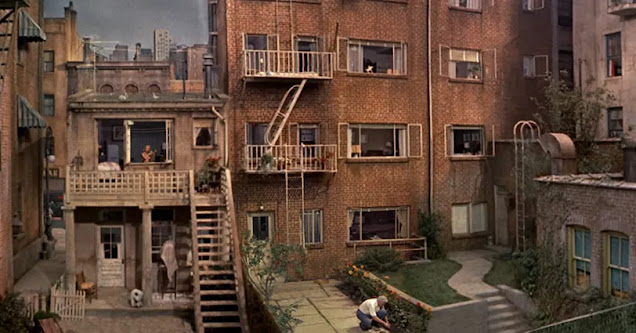The Adventure of Murdered Lovers
William Faulkner's "A Rose for Emily" details the various points of Miss Emily Grierson's life, leading the reader through the townsfolks' perceptions of her throughout different periods of time. Miss Grierson's perspective and thoughts are never given, but can be surmised through Faulkner's masterful attention to detail. He plays with the reader's ability to interpret, never outwardly claiming that particular events occurred. Homer Barron's death, for example, is not stated, for the skeleton is not named, but his disappearance was mentioned earlier in the text, allowing readers to make the connection. The specification that his death was indeed a murder is also left to the reader, as they know that Miss Grierson bought arsenic for an unspecified purpose, but that was never brought up again. The puzzle pieces all align for the reader to assume that certain sequences took place, which makes the short story far more intriguing than if Faulkner had explicitly shown the facts to be true.
The alluded reveal of Homer Barron's murder at the conclusion of "A Rose for Emily" reminded me of Robert Browning's "My Last Duchess," which tells the tale of a man— the Duke of Ferrara— and the qualms he had with his previous wife. He is detailing her flaws to his future father-in-law, as he has promised to marry his daughter. The poem never explicitly states that he had the Duchess murdered, but that is the conclusion Browning conveyed. Both Grierson and the Duke kept their past lovers around as well, although the former did so much more literally. The Duke had the Duchess' portrait hung up in his house, covered by a drape, only to be revealed by him to guests if he so chose. In that fashion, he could control her, for he had been jealous in the past of the equal attention and joy she had shown at everything. In a similar way, Grierson hid Homer Barron away, only to be visited by her: a form of control. He was also only revealed upon her passing, creating more parallels to the Duchess.
I would highly recommend Browning's poem to anyone who hasn't read it! It's got some great poetic devices going on, as well as an *unlikeable* speaker.
Also, "My Last Duchess" made me think of a poem I wrote, considering jealousy is what drove the Duke to murder his late wife. I'm not terribly comfortable with the comparison, but I thought I'd share the poem nonetheless. Both Browning and I are acknowledging the immaturity of the emotion: him through an overexaggerated, unlikeable protagonist, and myself through my depiction of jealousy as something akin to a baby.
"Green-Eyed Monster"
It rises from slumber, face red, tinged with anger, frustration, disappointment: disturbed from its fitful rest in the crib
Inconsolable: the damage done. Expectation fallen flat, betrayal seared into bone, a carved scar. Each new addition a sharp bite, teeth sinking in, gnawing down
A sensation so acute, despite its regularity. Never quite accustomed; it wells with predictability, yet stings all the same
Go away. Grating, gritting; an aching, jaw clenching. Silly, really— to demand. It replies:
Not now.
It twists and writhes, digging into flesh. Blood streaming, boiling, screaming;
Poisonous, deadly, tainting all it touches. Seeping into everything
Wailing and sobbing. Beating its fists against the ground, snot running from its nose— lip wobbling
Craving a response, a reaction. Begging for something, anything, with dramatic antics, words unable to form through hysteric heaves,
And through broken burbles, attempts are fruitless
Longing to reach out, to touch. Refraining, unaccustomed to the concept of comfort. Not wanting it, anyhow. Not from you
Not now.
It settles, finally, into resignation: defeat splayed for you to see. Crust cracking features, lining cheeks in a stream suffering drought. Sobs softened to occasional hiccups
The outburst: over, but not solved. Quelled by inattention’s apathy, yet bound to arise again, whining, pleading, wondering:
Why won’t you look?
It fills in the blanks, doodling across a pad of paper, concentration furrowing brows, creasing them into crumbled, discarded drafts
Looping, round and round and round, unable to figure you out, to ease the barbs, to cease yearning
You would see it all… if only you cared to spare a glance; instead, you place rose-tinted glasses on
And hand it a matching pair
“Not now.”




Comments
Post a Comment